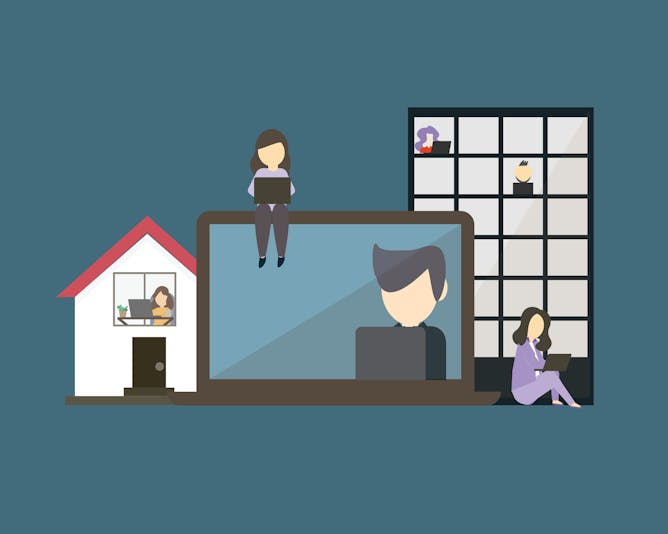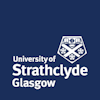|
|
|
|
Netflix’s new hit show is not everyone’s cup of tea. A nine-part South Korean drama, Squid Game follows hundreds of desperate debt-laden people as they compete in murderous children’s games – think tug of war but you die horribly if you’re on the losing side. Squid Game is high gore and not for the faint-hearted. But far more than just being senseless torture porn, the series is a commentary on the very real debt crisis plaguing South Korea, writes Sarah A Song.
Like Parasite before it, the show highlights the huge wealth disparity between the richest 1% in South Korea and everyone else. Despite huge economic growth in the 1970s and 80s, household debt has risen to over 100% of South Korea’s GDP in recent years. This has left all kinds of people, as Squid Game shows, in precarious positions and, paired with attempts by the government to curb borrowing, susceptible to high risk lenders.
While Squid Game may have you questioning some of the characters’ humanity, elsewhere on The Conversation, Nicholas Longrich responds to a reader’s question about when exactly, in the long story of evolution, we became “human”. And research suggests the popular new hybrid model of splitting work between home and the office may be the worst option for the environment.
|

|
Naomi Joseph
Commissioning Editor, Arts + Culture
|
|

Netflix
Sarah A. Son, University of Sheffield
Rising household debt in South Korea is crippling many and Squid Game speaks to this very real horror facing many in the country.
|

Would we see Neanderthals (right) as human if they were around today?
wikipedia
Nicholas R. Longrich, University of Bath
What looks like a bright, sharp dividing line between humans and other animals is really an artefact of extinction.
|

Working from home or the office? Hybrid working means splitting your time between both.
Piscine26/Shutterstock
Katherine Ellsworth-Krebs, Lancaster University; Carolynne Lord, Lancaster University; Torik Holmes, University of Manchester
The environmental benefits of less commuting and fewer in-person events could be lost.
|
Politics + Society
|
-
Beng Huat See, Durham University; Stephen Gorard, Durham University
A one-off premium for moving to a challenging school, or another part of the country, is a lacklustre response to a big shortage. It’s also been tried before.
-
Zeno Leoni, King's College London
Taipei’s military strategists plan to use ‘asymmetrical warfare’ in the hope of imposing crippling casualties and costs on any attacker.
-
John Nagle, Queen's University Belfast; Tamirace Fakhoury, Aalborg University
Lebanon is in the depths of one of the worst financial crises in history.
|
|
Science + Technology
|
-
Joshua Snape, University of Manchester; Katherine Joy, University of Manchester; Romain Tartese, University of Manchester
A key goal of the Chang'e-5 mission was to find evidence of some of the youngest volcanic eruptions on the Moon.
-
Fiona Carroll, Cardiff Metropolitan University; Ana Calderon, Cardiff Metropolitan University
Children are at the heart of the battle between usefulness and security. Can we trust Big Tech to find solutions to making computers, and life online, safer for them?
-
Gemma Ware, The Conversation; Daniel Merino, The Conversation
Plus, how a team of musicologists and computer scientists completed Beethoven’s unfinished 10th Symphony using AI. Listen to The Conversation Weekly podcast.
|
|
Environment + Energy
|
-
Piers Forster, University of Leeds
A 1967 study by Nobel-winner Syukuro Manabe changed climate science forever
-
Neil Dawson, University of East Anglia; Brendan Coolsaet, Institut catholique de Lille (ICL); Julián Idrobo, University of British Columbia
Conservation must be carried out by local communities to be most effective, new research shows.
|
|
Arts + Culture
|
-
Melanie Otto, Trinity College Dublin
Gurnah won the prize for his “uncompromising and compassionate” look at the “effects of colonialism and the fate of the refugees”.
-
Amanda Cole, University of Essex
Outdated and harmful ideas associated with certain south-east England accents are still pervasive, according to new research.
|
|
Business + Economy
|
-
Karl Schmedders, International Institute for Management Development (IMD); Patrick Reinmoeller, International Institute for Management Development (IMD)
Despite a boom in IPOs, a larger number of companies are going in the opposite direction.
|
|
Health + Medicine
|
-
Clare Collins, University of Newcastle
A new study questions whether current global salt limits are too low. But don’t reach for the salt just yet – the guidelines are unlikely to change any time soon.
|
|
| |
Featured events
|

|
— The University of Manchester, Oxford Road, Manchester, Manchester, M139PL, United Kingdom of Great Britain and Northern Ireland — University of Manchester
|

|
— Brunel University London, Kingston Lane, Uxbridge, London, London, City of, UB8 3PH, United Kingdom of Great Britain and Northern Ireland — Brunel University London
|

|
— The University of Manchester, Oxford Road, Manchester, Manchester, M139PL, United Kingdom of Great Britain and Northern Ireland — University of Manchester
|

|
— Technology and Innovation Centre (TIC), 99 George Street, Glasgow, Glasgow City, G1 1RD, United Kingdom of Great Britain and Northern Ireland — University of Strathclyde
|
|
|
|
| |
| |
| |
| |
| |
|
|
|
|
|
|
|